DLAR Newsletter
2025 Fall Edition
The DLAR Newsletter is published quarterly via email using MailChimp.
DLAR Room Reservations

You must reserve your time in DLAR through Outlook each time you plan to be in an animal and/or procedure room. Reserving time through this system is critical to avoid conflicts and interruptions to your work, DLAR staff, and other researchers. Information and instructions for making room reservations can be found on the DLAR website.
Please note: Repeated non-compliance with this requirement may result in further action.
Syringe Feeding - Oral Dosing
Do you need to administer a drug or compound via oral gavage? Do you struggle with
placement of the feeding tube and proper restraint? There is an easier method—syringe
feeding. Mice and rats are easy to acclimate to this route of delivery. Less stress
for the animals and less stress for you!
Contact Kim for more information and training.
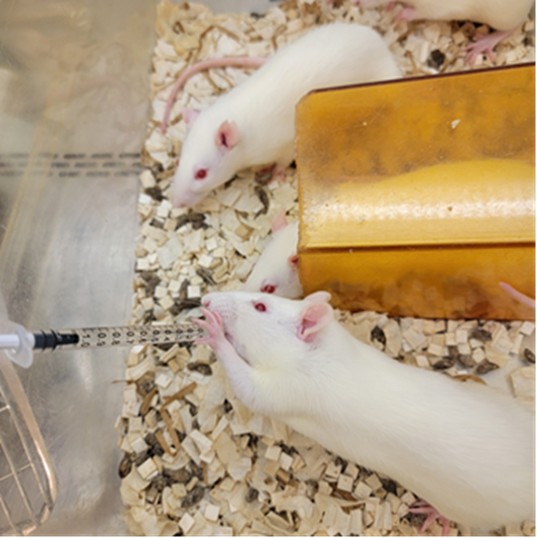
Animal Transfer Forms
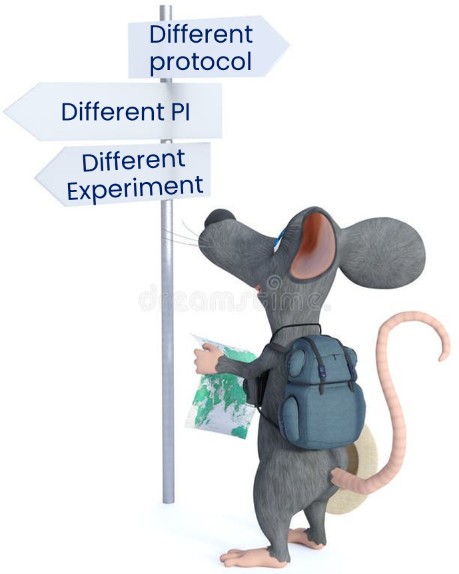
A new Animal Transfer Form must be submitted for each transfer and completed accurately, including information about procedures, surgery, and/or the use of hazards. You MUST receive DLAR approval before labeling cages or starting any experiments. The form and instructions for completing the form can be found in the shared Z drive (Z:\DeptLabAnimalResearch\UTResearchers\Animal Transfers).
Please note: This updated process was a collaboration between the IACUC and DLAR. Repeated non-compliance is subject to IACUC review.
New DLAR Staff
You may have noticed we have a new staff member. Nic Geisler joined DLAR in August as our newest Laboratory Animal Aide. Welcome to DLAR, Nic!
Animal Quotes, Orders & Requisitions
Do you need to find a particular strain of mouse or rat and don’t know who to contact? The DLAR Business Office is here to help. We can assist with obtaining quotes from our animal vendors.
To Obtain a Quote
Send your request to Marcie, DLAR Business Manager at dlar@utoledo.edu with the following information:
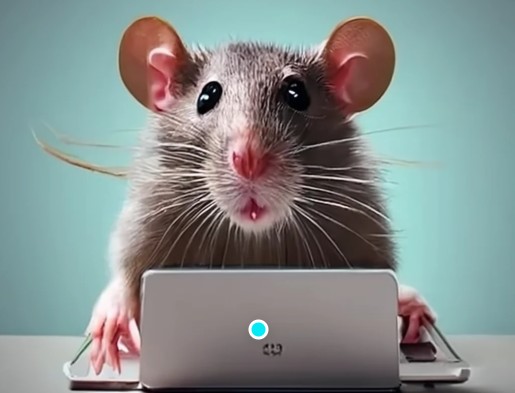
- Preferred Vendor
- Strain
- Strain or Stock #
- Gender
- Age
- Quantity
We will email your quote to you once it is ready
When You Are Ready to Place Your Order
- Complete a new Animal Requisition Form (this must be done for each new order). Form is located on the shared Z drive at Z:\DeptLabAnimalResearch\UTResearchers\Animal Requisitions.
- Email it to Marcie (dlar@utoledo.edu) and Ashley (Ashley.Kurth@utoledo.edu)
- Orders are screened for compliance and funding
Important Deadlines
- Submit requisitions by Noon each Wednesday
- Orders are placed by DLAR with vendors on Thursday morning
As a reminder, it is University policy that all animal orders are managed by DLAR (3364-70-10, Sec G.8). Failure to follow this policy is subject to IACUC reporting.
Working with Obese or Aged Animals?
Here are a few things to keep in mind.
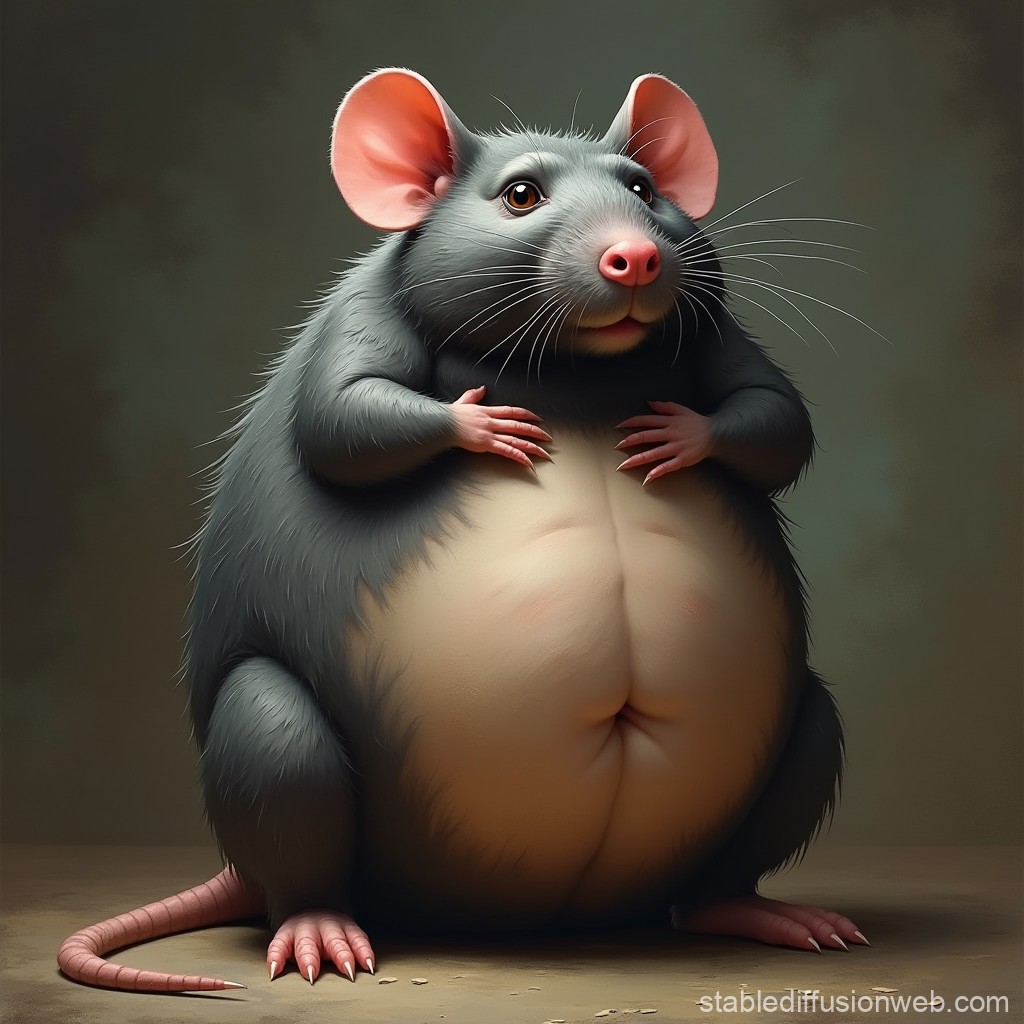
- Monitor the health of obese and aged animalsclosely. These animals may require supportive care.
- Monitor the weight and body condition of obese and aged animals
- Aged animals may lose weight and muscle mass as they age.
- Obese animals may need more frequent cage changes or need to be separated due to cage density requirements.
- Monitoring and supportive care for these special animals should be describedin your protocol. Submit an amendment if this information is not already in there!
PPE Mandatory
The use of PPE is always required whenever entering any room with animals, including on weekends, holidays, and after hours. Proper PPE use is essential to protect yourself, the animals, and maintain a safe and compliant research environment. As a reminder, DLAR maintains camera coverage in all animal areas to support safety and compliance.
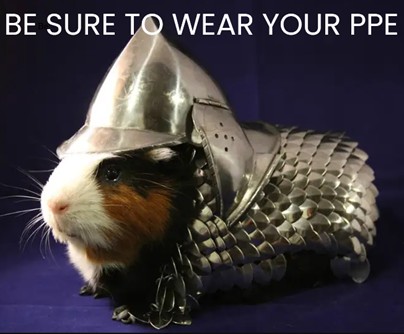
Animal Health Monitoring
Ventilated rack exhaust air can be PCR tested to detect the presence of microorganisms in the animals housed on that rack. DLAR runs these tests every 4 months to track the health status of our animal population.
Results can be found in the shared Z drive at Z:\DeptLabAnimalResearch\UTResearchers\SentinelResults.
Let Dr. Root know if you have any questions about this process.
Please let us know if you have any questions or concerns about any of the information above.


